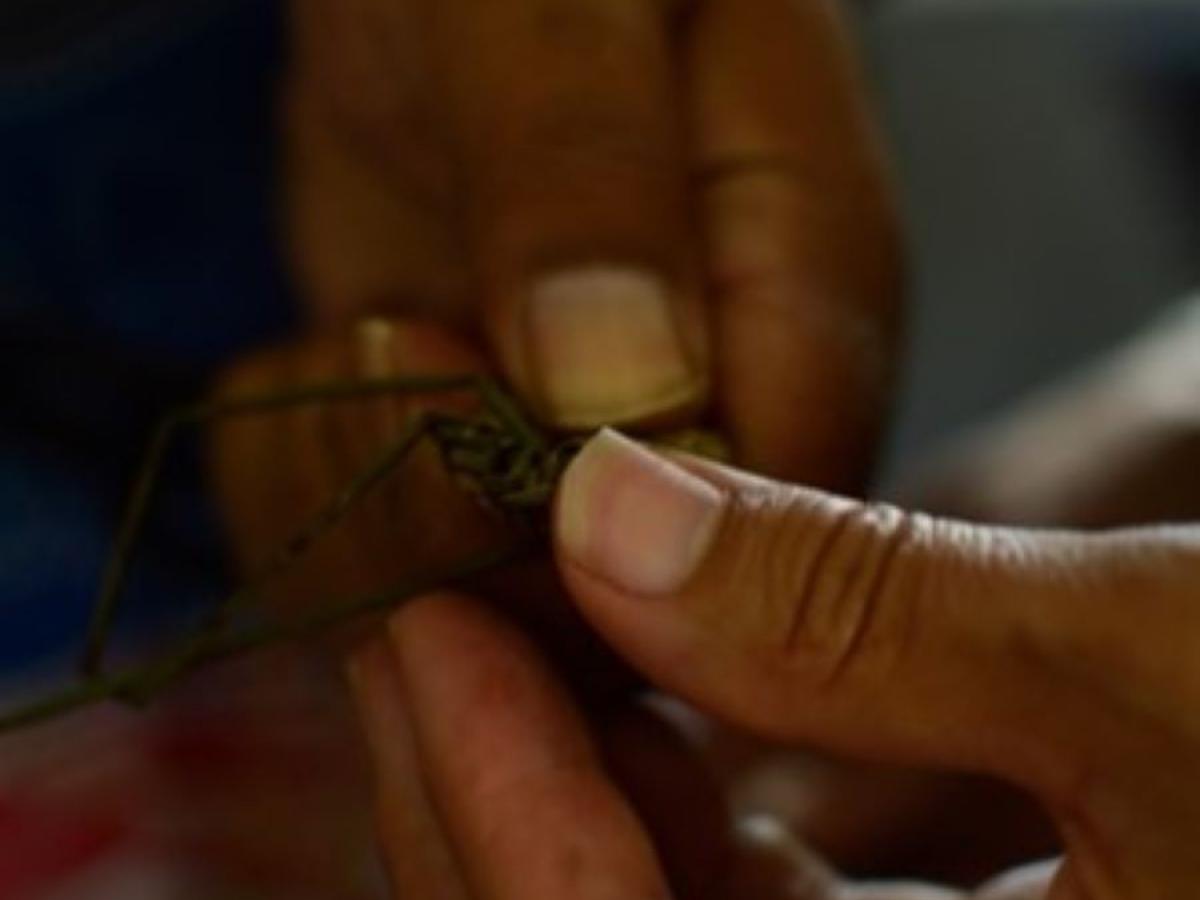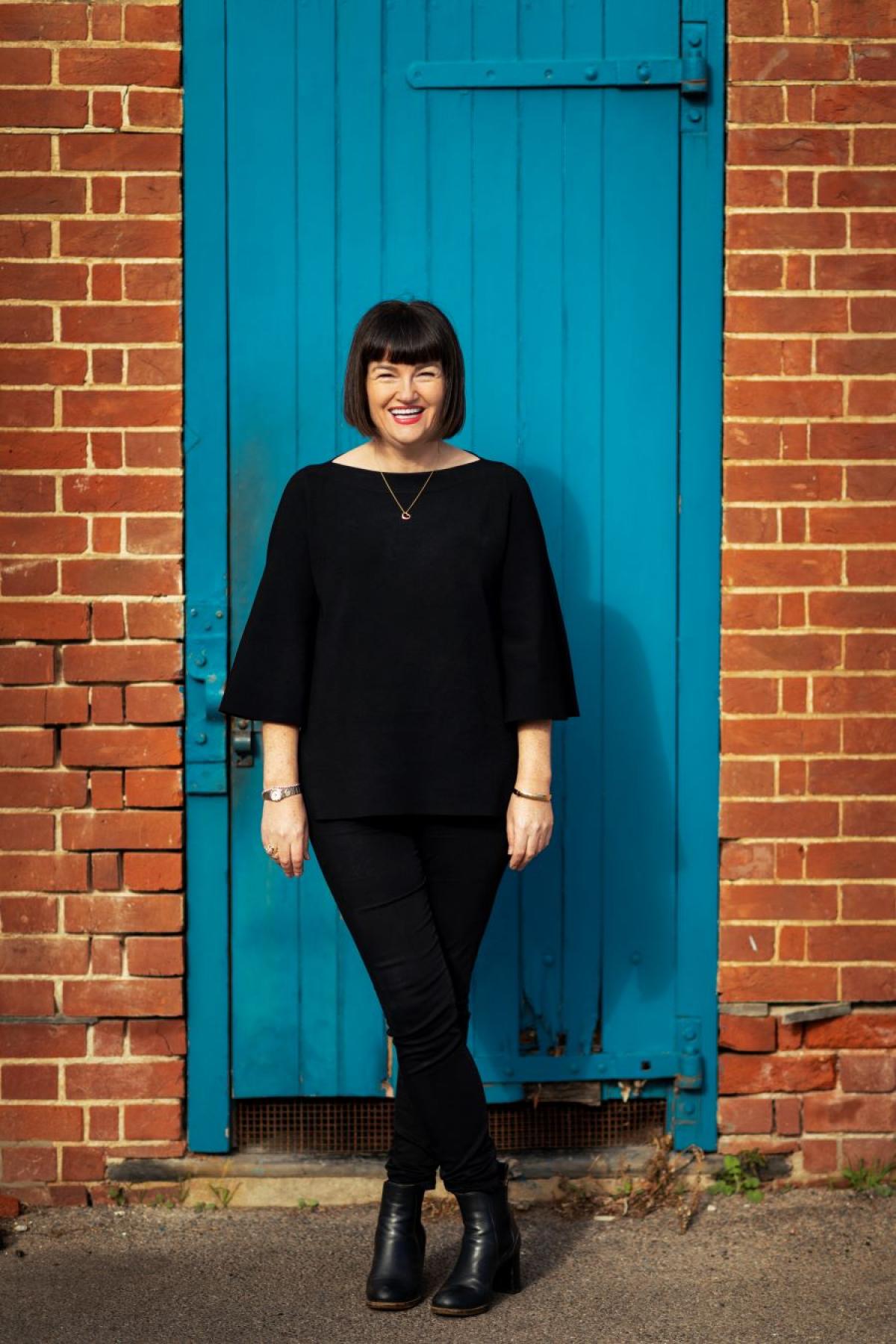Learnings from LTAG - Mrs Melissa Arnold-Ujvari
The "Ngadlu Yuringguru" First Nations Student Support Project aims to support Aboriginal and Torrens Straits Islander students across the Faculty of Health and Medical Sciences.
Creating support systems such as a safe space for mentoring is crucial for their success. We undertook a "weaving" and "Yarning" workshop, where culture was brought into the academic space, to encourage students to feel comfortable sharing their experiences while attending university. This approach allows us to have a yarn and discuss the barriers that students face while studying at University.

What was the impact of your activity?
The workshop allowed informal discussions to occur between AHMS First Nations students and First Nations and non-Indigenous staff, lecturers and course coordinators. We have improved the coordination and collaboration between Wirltu Yarlu Aboriginal education and the Nursing School by collaborating with them on this project and getting to know each other better. We hope that the increased feedback from students via a survey we undertook, combined with face to face discussions can inform the school, faculty and Wirltu Yarlu about current student needs, gaps and preferred strategies.
What were the key discoveries from your activity?
That we need to better understand First Nations students' academic and clinical placement journeys at the university, so that we can ensure we are providing a safe and supportive environment that facilitates recruitment, retention and timely transition to the healthcare workforce. The value from adding a culturally safe activity outside of the academic realm was critical. Cedric Varcoe, a contemporary Ngarrindjeri and Narangga Artist who teaches weaving within the communities across South Australia agreed to lead the workshop. He taught the students and us as staff to weave. Weaving is used as a tool to bring the personal and community experiences of working in the University as a First Nations person to life. By weaving, we intertwined First Nations protocols into the academic space to help understand and listen to the student’s experiences while studying.
How could colleagues use your learning in their practice?
We need to acknowledge First Nations ways of knowing, being and doing and their value. Therefore, it is important for First Nations student success to bring culture into the academic space. We need to move towards valuing a wide range of epistemologies. It is so important that we begin to develop a complex understanding of cross-cultural knowledge and there is so much wisdom to gain from learning about culture.
"The workshop provided a time to hear and learn from Cedric. It was a time carved out in an institutional place, one that is slowly accepting and acknowledging First Nations knowledge(s). Cedric’s weaving workshop was deeply profound- a millennial social activity that binds us all as human beings with a collective responsibility to care for Mother Earth. I wear my woven necklace with pride and have committed to growing the reeds in my backyard".Feedback from a First Nations participant

How do you plan on building upon the results of your project?
We were successful in gaining a $10,000 Adelaide Nursing School Research Supports Grant earlier this year and are using this in the project entitled "Explore the journeys of First Nation students within the Adelaide Nursing School: a collaborative approach to creating a culturally safe environment that supports retention and the completion of studies". We are employing First Nations former students as some of our research collaborators and wish to better understand the experience of First Nations nursing students to determine unmet support needs and identify the key factors that contribute to their experience being culturally safe. The project will help us to identify strengths and enablers and gaps and barriers to successful completion of their study program.
How can people learn more about your project?
Feel free to contact a member of the project team. Member details are available on Melissa Arnold-Ujvari's researcher profile page.
